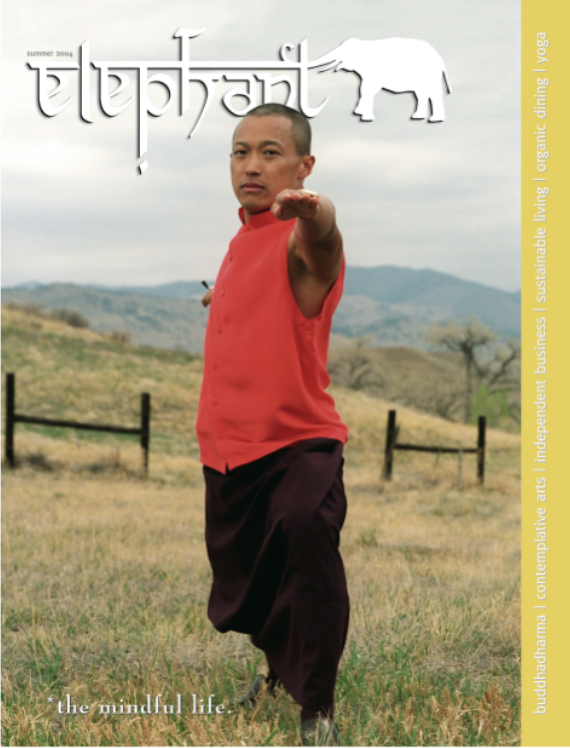Nahko Bear, Sakyong, Osho.
The list of disgraced spiritual figures grows longer, every day. It’s good we’re listening to victims, now. But online hate forums tend to be all defensive or positive, or all hateful—with both sides light on facts or proof.
So what do we do with them? For the most part, we don’t want to “cancel” a human being. We can’t throw away people.
If we are a fan of Nahko, or a student of the Sakyong (as I was), do we hate them, now? No: that’s the flip side of theism.
But, too, we don’t defend abuse. Criticism, if fair and fact-based, is welcome and important.
I don’t have the answers, but I contemplate the spiritual (Buddhist) world I grew up in, now falling in flames, to ashes, due to the corrupt actions of some of our leading teachers (most of whom are already rebuilding their followings and careers).
So, as with all things, I find that we must find the Buddha’s middle way.
It’s tough to hang in that space between blind cult love and blind anti-cult hate.
Don’t defend or delete or suppress. Don’t hate and go from theism love to theism hate. Admit criticism, admit faults, admit humanity, admit charges, listen.
When we refuse to hate, we remember that trauma and abuse are, all too often, born of trauma and abuse. The cycle spins through generations, unless we focus on healing. And as you know, we can’t heal if we don’t clean out the wound, and bind it up, and give it sunshine and time.
Theism is on us. We build them up. We silence our inner critical intelligence, and willingly give up our power. We want to fly into the flame.
Then, their mistakes or abuse exposed, we hate the leader, and hate our own gullibility. So: listen, but don’t trust. Learn, but don’t worship. Enjoy, but don’t fall prey. Call out, but don’t let anger solidify into blind hate.











Read 20 comments and reply